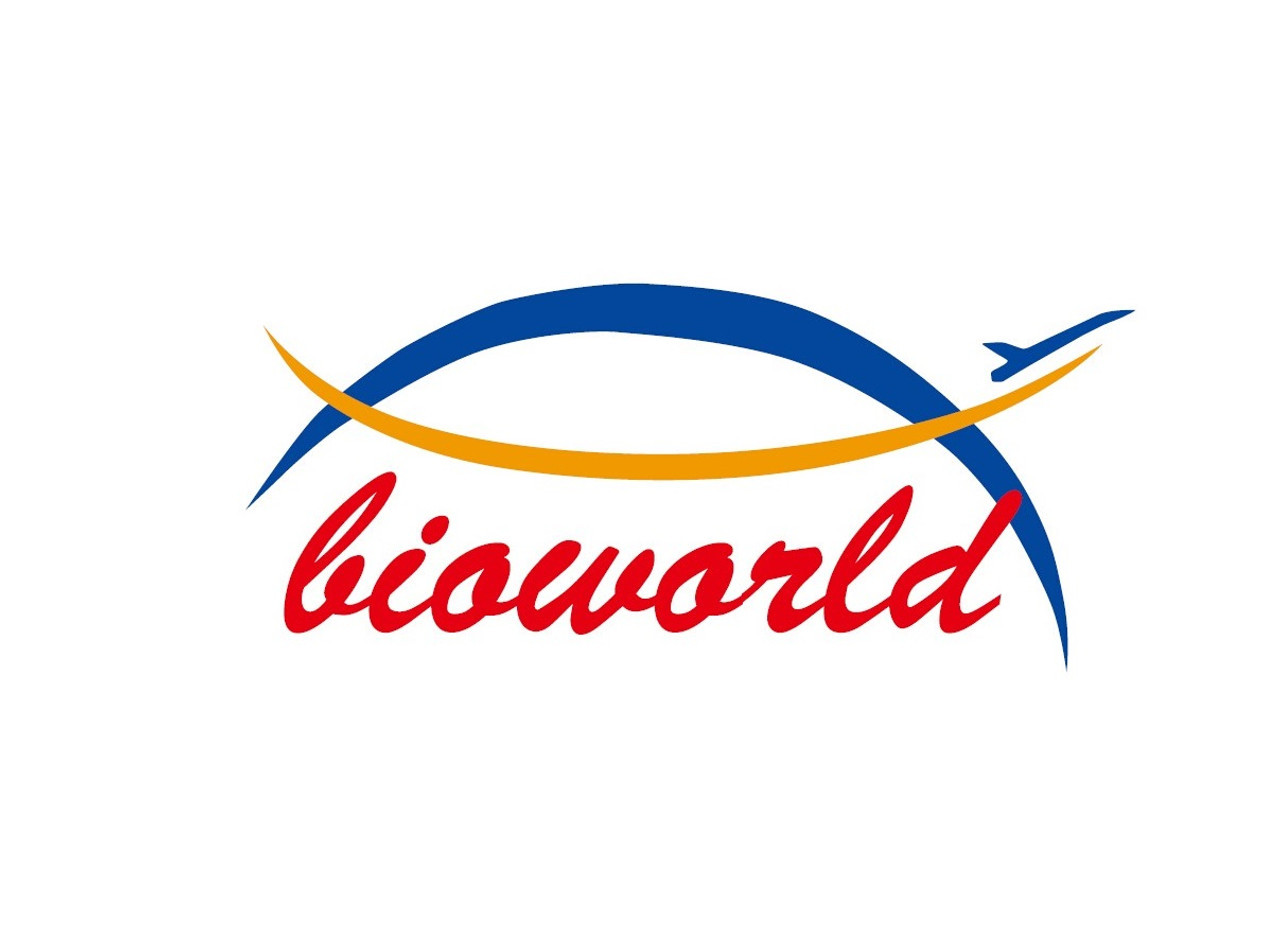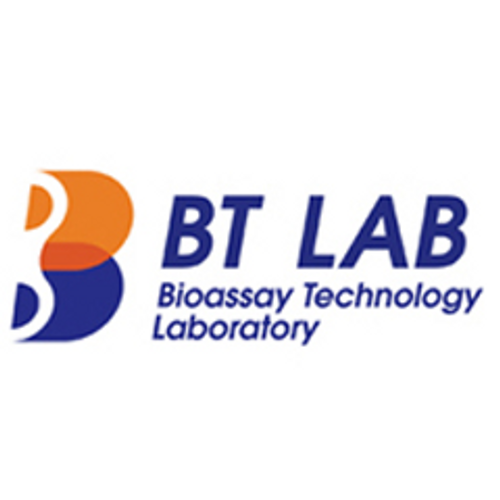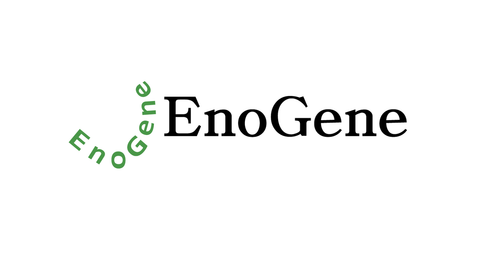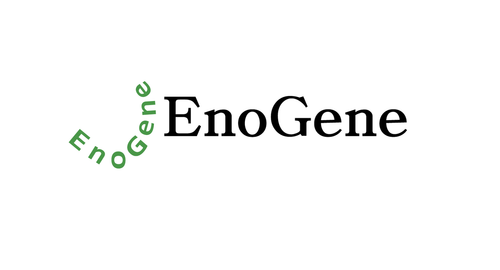Product Description
ALK (phospho-Y1096) polyclonal Antibody | BS74002 | Bioworld
Host: Rabbit
Reactivity: Human
Application: WB
Application Range: WB 1:500 - 1:2000
Background: This gene encodes a receptor tyrosine kinase, which belongs to the insulin receptor superfamily. This protein comprises an extracellular domain, an hydrophobic stretch corresponding to a single pass transmembrane region, and an intracellular kinase domain. It plays an important role in the development of the brain and exerts its effects on specific neurons in the nervous system. This gene has been found to be rearranged, mutated, or amplified in a series of tumours including anaplastic large cell lymphomas, neuroblastoma, and non-small cell lung cancer. The chromosomal rearrangements are the most common genetic alterations in this gene, which result in creation of multiple fusion genes in tumourigenesis, including ALK (chromosome 2) /EML4 (chromosome 2), ALK/RANBP2 (chromosome 2), ALK/ATIC (chromosome 2), ALK/TFG (chromosome 3), ALK/NPM1 (chromosome 5), ALK/SQSTM1 (chromosome 5), ALK/KIF5B (chromosome 10), ALK/CLTC (chromosome 17), ALK/TPM4 (chromosome 19), and ALK/MSN (chromosome X) .
Storage & Stability: Store at 4°C short term. Aliquot and store at -20°C long term. Avoid freeze-thaw cycles.
Specificity: ALK (phospho-Y1096) polyclonal Antibody detects endogenous levels of ALK protein only when phosphorylated at Tyr1096.
Molecular Weight: ~ 176 kDa
Note: For research use only, not for use in diagnostic procedure.
Alternative Names: CD246; NBLST3;
Immunogen: A phospho specific peptide corresponding to residues surrounding Y1096 of human ALK.
Conjugate: Unconjugated
Modification: Phosphorylation
Purification & Purity: The Antibody was affinity-purified from rabbit antiserum by affinity-chromatography using epitope-specific immunogen and the purity is > 95% (by SDS-PAGE) .
Pathway: Contribution of Soluble Factors to EMT,
 Euro
Euro
 USD
USD
 British Pound
British Pound
 NULL
NULL








